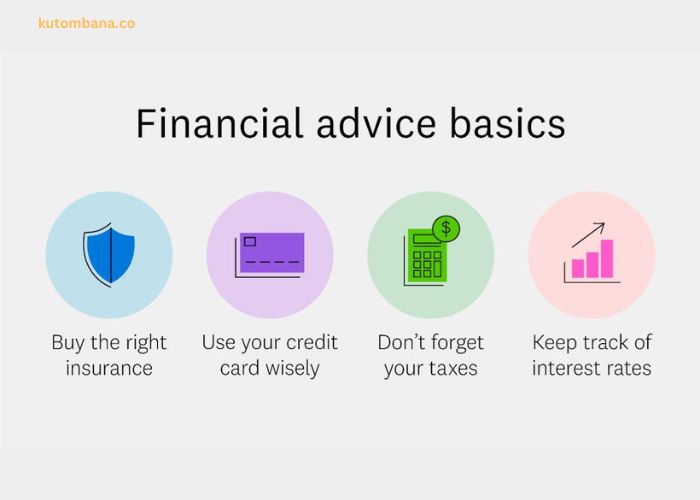Managing personal finances effectively is crucial for financial stability and achieving long-term financial goals. Whether you want to save for a house, pay off debt, or build an emergency fund, having a well-structured budget and saving strategy is key. This guide provides in-depth personal finance tips for saving and budgeting to help you secure your financial future.
Understanding the Basics of Personal Finance
Personal finance refers to how individuals manage their money, including budgeting, saving, investing, and planning for future expenses. The goal is to make informed financial decisions that lead to financial security and independence.
1. Set Financial Goals
Before you start budgeting or saving, it’s essential to define clear financial goals. These can be short-term (buying a new phone), medium-term (saving for a vacation), or long-term (retirement planning). Establishing SMART (Specific, Measurable, Achievable, Relevant, and Time-bound) financial goals ensures you stay on track.
2. Create a Budget
A budget is a financial roadmap that helps you track your income and expenses. Follow these steps to create an effective budget:
- Calculate Your Income: List all sources of income, including salary, side gigs, and passive income streams.
- Track Expenses: Categorize your expenses into fixed (rent, utilities, insurance) and variable (entertainment, dining out) costs.
- Differentiate Needs vs. Wants: Prioritize essential expenses and limit discretionary spending.
- Use the 50/30/20 Rule: Allocate 50% of your income to needs, 30% to wants, and 20% to savings and debt repayment.
- Adjust as Needed: Review your budget regularly and make adjustments based on financial changes.
3. Reduce Unnecessary Expenses
Cutting down on non-essential spending can significantly boost your savings. Consider these cost-cutting strategies:
- Cook at home instead of dining out frequently.
- Cancel unused subscriptions and memberships.
- Shop smart by using coupons, discounts, and cashback offers.
- Use public transportation or carpool to reduce fuel costs.
4. Build an Emergency Fund
An emergency fund acts as a financial cushion during unexpected expenses such as medical bills, car repairs, or job loss. Aim to save at least 3-6 months’ worth of living expenses in a separate, easily accessible account.
5. Automate Your Savings
Setting up automatic transfers to your savings account ensures you save consistently. Many banks allow you to schedule automatic savings transfers, making it easier to stick to your saving goals.
6. Pay Off Debt Strategically
Debt can be a significant financial burden. Consider these debt repayment strategies:
- Avalanche Method: Pay off high-interest debt first to minimize interest costs.
- Snowball Method: Pay off smaller debts first to build momentum.
- Debt Consolidation: Merge multiple debts into a single loan with a lower interest rate.
7. Use Credit Wisely
Responsible credit use is vital for maintaining a good credit score. Avoid maxing out credit cards, pay balances in full each month, and avoid unnecessary loans to prevent high-interest debt accumulation.
8. Take Advantage of Financial Tools
Several apps and tools can help manage finances efficiently:
- Budgeting Apps: Mint, YNAB (You Need a Budget), PocketGuard.
- Saving Apps: Acorns, Digit, Qapital.
- Investment Apps: Robinhood, Stash, Betterment.
9. Increase Your Income
If your current income isn’t sufficient to meet your financial goals, consider additional income sources:
- Take on freelance or part-time jobs.
- Invest in income-generating assets.
- Monetize skills through online platforms.
10. Save for Retirement Early
Starting early allows your money to grow due to compound interest. Consider contributing to retirement accounts such as a 401(k), IRA, or other investment vehicles.
11. Plan for Major Expenses
Saving for significant expenses such as buying a house, a wedding, or education requires strategic planning. Set up a separate savings account and contribute regularly.
12. Educate Yourself on Personal Finance
Improving financial literacy empowers you to make informed decisions. Read books, follow finance blogs, and take courses on personal finance.
Conclusion
Managing your finances through effective budgeting and saving habits can lead to financial security and independence. By setting clear goals, tracking expenses, reducing unnecessary spending, and investing wisely, you can achieve a stable financial future. Start implementing these personal finance tips today and take control of your financial well-being.

